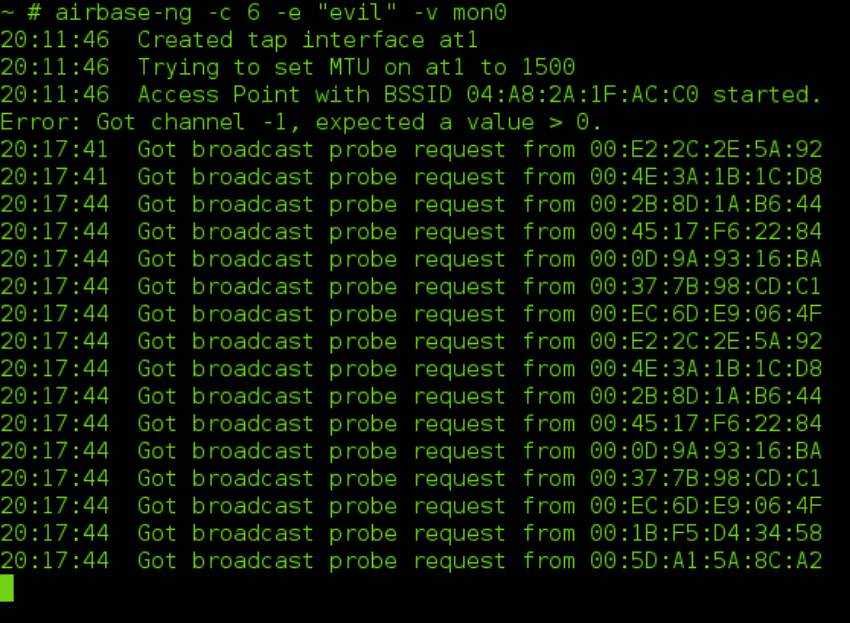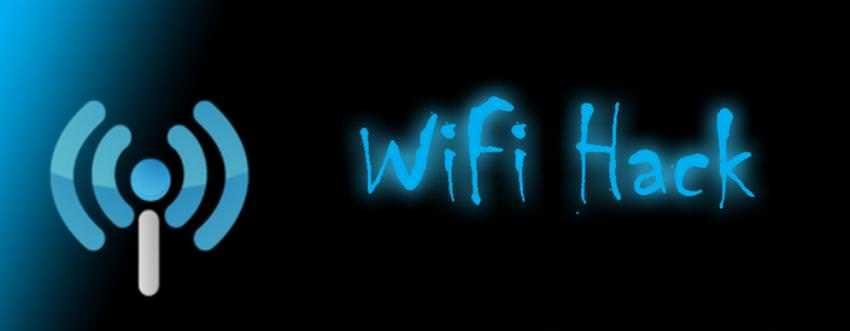Aircrack-ng: In this article I took the initiative to express my view on the mentality (and often naivete, ignorance) that prevails around security. I have seen dozens of videos on the internet and I have received hundreds of times the questions "how will I find his Facebook password" and more times "how will I find his WiFi password next to me". So I went into the hole to check the WiFi of my whole neighborhood to see how likely I was to find the code in one of them.
I did the test in the last 3 days with the famous Linux distribution, Kali! I used the famous program Aircrack-ng and the computer for 3 days tried codes from libraries on some random networks (including mine). The result; I'll tell you below!
Basically, what is Aircrack-ng and how does it work?
The Aircrack-ng (in a nutshell) is a suite that monitors, analyzes and attacks WiFi networks. The result of the analysis is the file.cap or capture file which we will analyze through Aircrack-ng to compare passwords.
How does the above method work and what is the probability of finding the code in a random access point?
When we get to the step where we have created the.cap file and compared it to a bookcase of codes we downloaded from a torrent, the result is: Either we find the code of the specific WiFi, or the code is not included in the library and we have no result. Base on the second case, DO NOT INCLUDE CODE IN LIBRARY.
In the last 3 days I tried around 30 million passwords from 4 passphrase libraries on over 4 neighboring WiFi networks and the result was a nice NOTHING (sure there are others, but the result would be the same, just more wasted hours of scanning) ! So you will tell me now, what is the use of Aircrack-ng?
What are code libraries?
Code libraries are, as their name suggests, lists of millions of alphanumeric codes already in use by various routers and collected by various users.
How likely is there to be a WiFi WiFi passcode or passcode?
Almost zero! If our code not is "123456", "abcdefg", a random number such as date of birth, a movie name, or a famous person (rock band), the chances of finding it are infinitesimal! In short, if our password is in the style "@ 65Hj ^ $ bnhKj78 @!" there is no case to be found in Aircrack-ng.
What is the usefulness of Aircrack-ng?
It diminishes the chances of someone getting our network code and importing it into a library so that someone who will look for it can actually do it. The usefulness and positive effect of Aircrack-ng is precisely that, fail the test and not to succeed! Do not forget that it is a tool for pentesters and not for malicious use! So if I scan a network with this program, the positive result is that the network code does not exist in the libraries that everyone finds Online!
So, the videos circulating online with various guys who "break" in all cases for reasons of "ethics" their own network and not a neighbor's, are bullshit! They are simply aimed at views! Yes, she procedure is correct, but the result is misleading! The way each video is successful is due to the fact that they enter their code before the test in the library that they will analyze afterwards and as is completely logical, the program verifies the code during the scan! The one who has no idea about how this particular program works, thinks that something exciting has happened! Oh no...
How can we protect ourselves from this?
Just make sure we give the key to our network!





